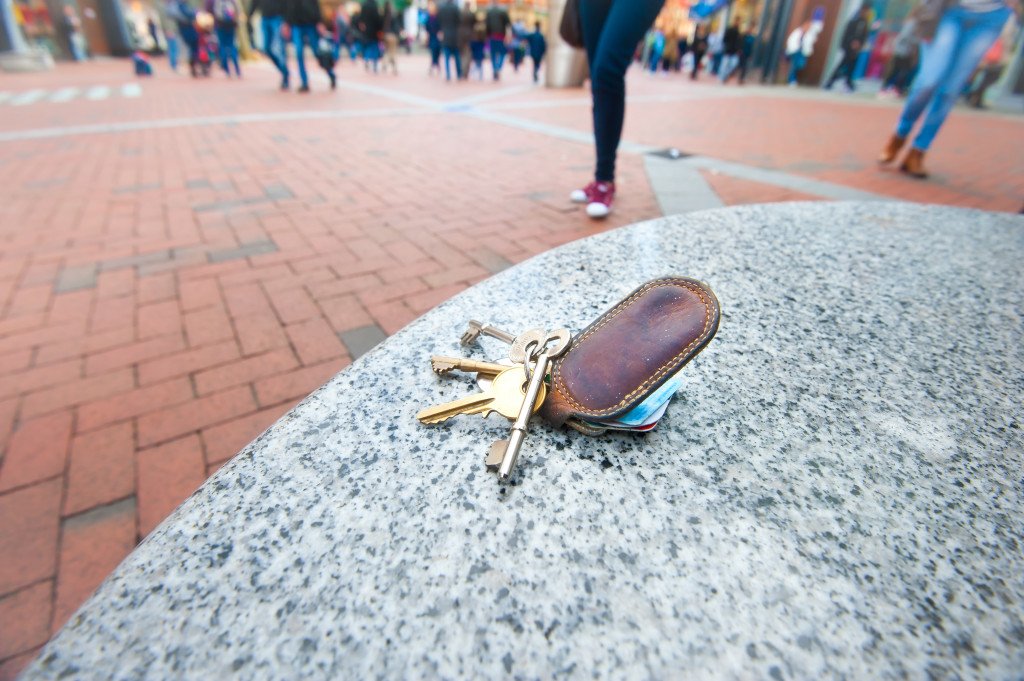Prince Kapoor
We all know that sinking feeling in our stomachs that comes with realizing we lost something. Maybe you left your wallet or phone in a bathroom stall or a piece of jewelry in a hotel room.
It’s one thing to lose your valuables locally. You can run to the place you think you left it and mount a search party. But when you’re on a trip, and you don’t know the area well, that’s another story.
What should you do when you notice you’re missing something vital, like your passport or purse? Well, it depends on where you think you’ve misplaced it.
Check out these tips to keep calm and try to find your item or, at worst, minimize the damage of the loss.
When You’re At the Hotel
While you’re still at your hotel, it’s a little easier to track down many lost items.
Since you have a “home base” of sorts, you can head to the last place you think you have your missing valuables and ask them to contact you at the hotel if they find them. Ensure you leave the hotel’s number and your direct contact info.
But if you think you’ve lost your item at the hotel, there’s another level of hoops to jump through to track it down. First, thoroughly check all your luggage to verify it isn’t hiding somewhere.
Then, when it doesn’t turn up stuck in a deep pocket or another unexpected area, you’ll need to visit the concierge’s desk. Someone may have already found your item and turned it into the Lost and Found. If not, you can report the valuables as missing.
Some hotels use an online process to have guests file claims. The portal will ask you questions like which room you stayed in and what services you used (laundry, on-site dining, fitness facilities, etc.) during your stay. The hotel staff then searches the rooms.
The sooner you realize your item is missing, the more likely it is that you’ll find it. The good news is that it’s becoming easier for travelers who leave their goods at a hotel to get their belongings back.
If you’ve done this, don’t feel too bad. Over 54% of guests admit to doing the same thing! These staggering numbers created a serious need for an easy fix, and new smart technology for lost and found items has made the process simpler for everyone.
At an Airport
With nearly three million passengers in the average airport each day, it’s easy to see how so many people lose stuff before or during a flight.
Losing something important to you while you’re in a busy terminal, or having your luggage lost, requires certain steps to retrieve the item.
Over two million bags are mishandled every year (which is down from previous years). This many customer complaints warrants its own guideline and department.
The first thing to do when you’re sure that your item or bag is missing is to contact a representative for your airline. If it’s missing luggage, you’ll need to provide the rep with your bag claim number and a description of the suitcase.
They’ll also need to know your contact info, including the hotel you’re staying at if you’re on a trip.
Otherwise, the rep can direct you to the lost and found location or security personnel who can help you track down your item. Someone may have turned it in for you.
As long as it’s not something you need to make your next flight, like your ID, keep going to your final destination.
Check with the airline for an update every twelve hours or so. Most misplaced bags are found when the hectic rush slows down, and they’re delivered to the airport on the bag tag or the address on the claim ticket.
In the Back of Your Car Transportation
Car services are another common place where people accidentally leave their things behind. Rideshares, cabs, buses, and shuttles find millions of left-behind items annually.
It’s easier than you might think to do this. How often do you check the seat behind you when you rush out of the car after paying for your service?
You might be surprised to learn that many people don’t check their seats, and things can go unnoticed in wallets and unzipped bags.
Retrieving those items depends on the service you use. You’d need to contact the regional Taxi and Limousine Commission to file a claim if it was a taxi.
Also read: Importance of Noise Canceling Technology
Hopefully, you paid attention to the driver’s name and the car’s license plate number. Otherwise, finding your cab can be extremely difficult, especially in busy cities.
There should be a customer service line if you use a coach or public bus service. Let them know what time you were on the bus and where you got on and off.
The customer service rep will reach out to the driver on that route, and when it’s safe to do so, the driver will look for your item.
Rideshares have specific claims processes, too. Check with your rideshare company to report the claim. Your app should have recorded the driver, car, and license plate number, making it much simpler to find your items timely.
Conclusion
Losing something important to you is never fun. But with fast thinking and these steps, you have a good chance at getting your possessions back in your hands, where they belong.
**The views, opinions, findings, and conclusions or recommendations expressed in these papers and articles are strictly those of the author(s). They do not necessarily reflect the views of The Diplomatic Insight and its team
The Diplomatic Insight is a digital and print magazine focusing on diplomacy, defense, and development publishing since 2009.








